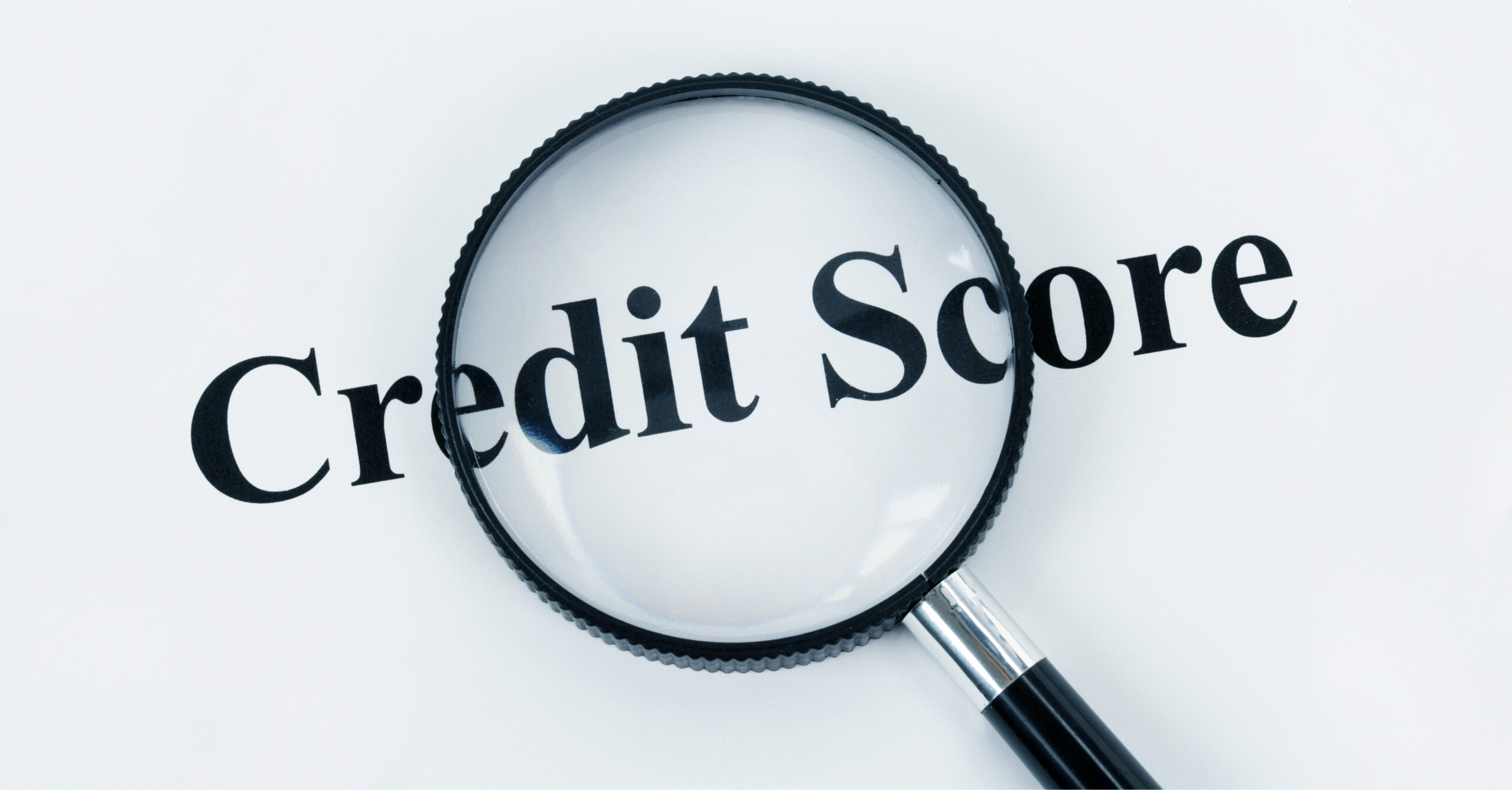Happy Halloween! On behalf of the entire Synergy Merchants team, we wish you all a…

What Is Your Credit Score And Why Does It Matter?
Your credit score says a lot about you. Well, actually it really doesn’t. But, as far as financial institutions are concerned, your credit score counts for a lot. To lenders, your credit score is a literal measurement of your trustworthiness. Can you be trusted to pay back the money you have borrowed? A high credit score suggests “yes”, while a low score connotes a “no”.
How does the Government of Canada define “credit score”? According to Canada.ca, “a credit score is a number that expresses your credit information at one point in time. It indicates the risk you represent for lenders, compared with other consumers, on a scale from 300 to 900. High scores on this scale are good. The higher your score, the lower the risk for the lender.”
Why does your credit score matter so much?
The Government of Canada goes on to explain that lenders want to know how you have handled credit in the past. They use credit scores to determine how well you are likely to handle it in the future. A strong credit score is a vital part of securing such major purchases as a new home or car.
“Credit card issuers, auto dealerships and mortgage lenders will check your credit score before deciding how much they are willing to lend you and at what interest rate,” reports Canada.ca, “Insurance companies, landlords and employers may also look at your credit report to see how financially responsible you are before issuing an insurance policy, renting out an apartment or giving you a job.”
What does it mean to have an “excellent” credit score?
As reported by Aaron Broverman on GreedyRates.ca, an “excellent” credit score ranges between 800 and 850. Such a score is achieved when a person has no or very few late payments on his/her credit report. He/she likely pay off balances in full and also has low credit utilization across all of lines of credit. By having an excellent credit score, a person will often enjoy high credit limits and easy approval ratings for loans.
A poor credit score, on the other hand, will afford you the opposite. Ranging from 300 to 579, a low score is often achieved through defaulting on multiple loans and having a combined debt that is very close to one’s overall credit limit. If you have declared bankruptcy, you’re also at risk of a poor credit score. Banks, as you can imagine, are not at all likely to approve you for a loan when your score is so low.
Why doesn’t one’s credit score matter when it comes to merchant cash advances?
Merchant cash advances are not loans. This is why applicants are always approved! Synergy Merchants’ unique merchant cash advance program enables all types of business owners to get their hands on much-needed extra working capital. Regardless of your credit history or length of time in business, you can be approved in less than 24 hours!
For more information, please don’t hesitate to call Synergy Merchants at 1-877-718-2026 or email us at info@synergymerchants.com. You can also apply online for a free, no obligation quote!



